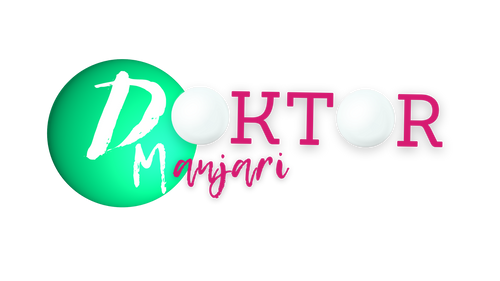Understanding Depression in Children: Signs, Identification, and Support
Depression is not just an adult concern. Even very young children can suffer from it. In India, changing family dynamics, academic pressure, and digital exposure make it crucial to understand and support children's mental health.
💡 What Is Childhood Depression?
It’s more than sadness. Childhood depression is a mental health disorder that affects thinking, mood, and behavior — with real consequences if not treated.
🔬 According to the Indian Journal of Psychiatry (2019), 2–8% of Indian school children suffer from depression. NIMHANS (2022) also reports that 1 in 7 children aged 13–17 years in India has a diagnosable mental health condition.
🚨 Common Signs of Depression in Children
Children may not say "I’m depressed." Instead, they show it. Here’s how:
Emotional
- Persistent sadness or low mood
- Frequent crying spells
- Irritability or sudden anger
- Feelings of worthlessness
- Statements like "I’m not good enough" or "Nobody likes me"
Behavioral
- Withdrawing from family and friends
- Loss of interest in play or school
- Sleeping or eating too much/too little
- School refusal or frequent absenteeism
Cognitive
- Trouble concentrating or remembering things
- Negative thinking (“I’ll never be good at this”)
- Drop in academic performance
Physical
- Unexplained headaches or stomachaches
- Fatigue and low energy
- Sluggish movements or slowed speech
🧠 NIMH (2020): 70% of depressed children also show signs of anxiety or physical symptoms.
🔍 How to Identify Depression in a Child
1. Look for Patterns
If symptoms persist for more than two weeks and interfere with daily life, they could indicate depression.
2. Open Conversations
Ask open-ended questions like:
- “What makes you feel sad lately?”
- “Is something bothering you at school?”
3. Involve Educators
Teachers often notice changes in behavior and participation. Stay connected with them.
4. Seek Evaluation
Consult a healthcare professional. Tools like the Children’s Depression Inventory may be used.
🛠️ How to Support and Manage Depression
🏠 At Home
- Set routines for sleep, meals, and play
- Limit screen time (studies link overuse to mood problems)
- Encourage self-expression through drawing, storytelling, or play
- Model calm behavior and positive coping
🏫 In School
- Engage with school counselors
- Request accommodations like lighter workloads if needed
- Encourage involvement in positive peer activities
🧑⚕️ Professional Support
- CBT (Cognitive Behavioral Therapy) is proven to help in 60–70% of cases
- Parental counseling enhances outcomes
- Medication may be used in moderate to severe cases under medical supervision
✅ NIMHANS (2023): Therapy + parental support led to 64% symptom improvement in 6 months.
⚠️ When to Seek Emergency Help
Take any mention of self-harm, suicidal thoughts, or hopelessness seriously.
Statements like:
- “I wish I weren’t here”
- “Everyone would be better without me”
Act immediately.
Emergency Helplines in India
- iCall (TISS): 9152987821 – icallhelpline.org
- Childline India: 1098 (24/7 free helpline)
- Vandrevala Foundation: 9999666555
✅ Final Thoughts
Childhood depression is treatable. With love, attention, and support from caregivers and professionals, children can emerge resilient and confident.
“Mental health is not a destination, but a process.”
📚 References
- WHO – Adolescent Mental Health (2021)
- Indian Journal of Psychiatry (2019)
- NIMHANS National Survey (2022)
- Harvard Center on the Developing Child
- American Academy of Pediatrics
- JAMA Pediatrics
- iCall Mental Health Helpline
🌼 Homeopathy for Childhood Depression
Homeopathy offers a gentle, individualized approach to addressing emotional health challenges in children, including symptoms of depression. Several remedies are commonly considered based on the child’s emotional expression and overall constitution:
- Pulsatilla – Often used for children who are emotionally sensitive, clingy, and prone to mood swings.
- Ignatia Amara – May be indicated in cases of emotional trauma, grief, or sudden changes in mood.
- Calcarea Carbonica – Considered for children who experience fearfulness, anxiety, or low self-confidence.
While homeopathy can be supportive, it is crucial to consult a qualified homeopathic practitioner before starting any remedy. Children’s mental health requires careful evaluation and a personalized approach to ensure safety and effectiveness.
Early support can make a lifelong difference. 💛

